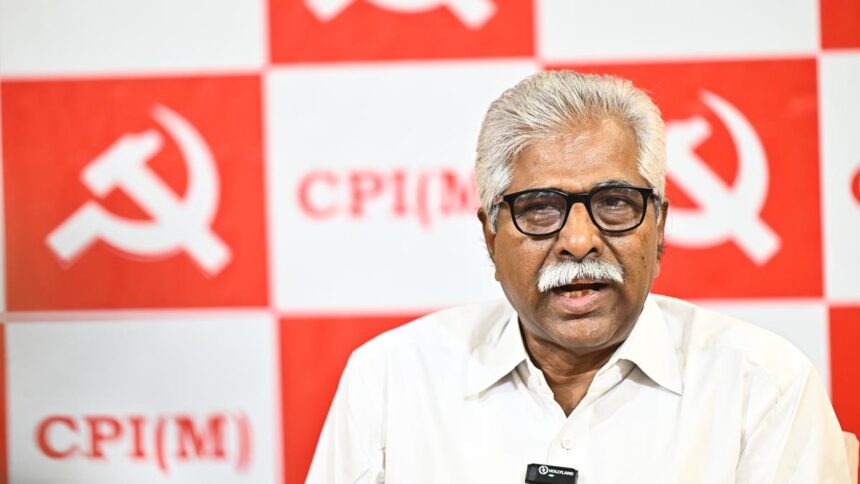
The Ministry of Electronics and Information Technology put out the Promotion and Regulation of Online Gaming Act, 2025’s draft rules — its enforcement — out for consultation on Thursday, October 2, 2025.
| Photo Credit: Getty Images/iStockphoto
The Ministry of Electronics and Information Technology put out the Promotion and Regulation of Online Gaming Act, 2025’s draft rules — its enforcement — out for consultation on Thursday (October 2, 2025) evening. The Act, passed during the Monsoon Session of Parliament, prohibits online real money games (RMG) entirely in India, encompassing games like poker, rummy and fantasy sports.

IT Minister Ashwini Vaishnaw had previously said that the Act would be notified and enforced on October 1, with the qualifier that some time would be given to RMG. The draft rules released on Thursday set out a framework for recognising e-sports and promoting “online social games” in addition to addressing penalties for non-compliance with the ban on real money gaming.

“These Draft Rules have been framed under section 19 of the PROG Act, which received the President’s assent and was notified in the Gazette of India on 22nd August, 2025,” the IT Ministry said in an explanatory note. The draft rules are up for comment till the end of October, and the IT Ministry said it would not publish any inputs it receives, “enabling persons to submit feedback … freely without any hesitation.”
“The Draft Rules provide enabling provisions to encourage structured growth of legitimate e sports and social gaming ecosystems; lays down a framework for determination of an online game as online money game or otherwise; prescribes the framework for recognition, categorization and registration of legitimate e-sports and online social games; mandates maintenance of National Online Social Games and E-sports Registry ; provides a transparent, digital and accountable regulatory framework and provides a strong grievance redressal mechanism to safeguard users.”
The draft rules don’t mention a date for enforcement — technically pushing the ban of RMGs off to a subsequent notification. Practically, however, all registered RMG operators in the country have already wound up their operations. The draft includes a rule sparing banks from liability in case they are facilitating refunds of deposits made before the Act came into force.
Regulating games
Esports, which the Act have sought to promote while outlawing RMGs, will be administered by the Ministry of Youth Affairs and Sports, while “social games,” defined as any game that does not promise users a monetary reward for paying money, will not require registration, though a facility for this will be available. This provides some relief for video game firms, sparing them — for the moment — from any regulatory burden.
However, the government has left the door open to the Ministry of Information and Broadcasting to “issue codes of practice or guidelines [to classify games] for recreational, educational, skill development, or other such purposes so as to ensure safe and age-appropriate social gaming content.” The I&B Ministry already administers content regulation frameworks under the IT Rules, 2021 for streaming services, and oversees cable TV through a similar set of rules.
Gaming authority
The government will set up an Online Gaming Authority of India under the Act, which will function as a “digital office,” like the Grievance Appellate Committee that hears appeals from social media users facing censorship or seeking to obtain takedown of content on platforms. An additional secretary at the IT Ministry would chair the body, and three members of joint secretary grade would be members, drawn from the Ministries of Information & Broadcasting, Youth Affairs & Sports, and Financial Services. Two other members would be at least of director rank in the Union government, with law experience.
The OGAI would “maintain and publish a National Online Social Games and E-sports Registry,” which would have details of registered esports firms, and also a catalogue of games that have been deemed to be RMG (and therefore prohibited). It would also be empowered to hear complaints and impose penalties under the Act. An Appellate Authority would also be set up to hear challenges of OGAI’s orders.
The OGAI’s registration form would include details like the “category,” like recreational or educational games, and “age group to whom the online game is intended to be offered.”
Published – October 03, 2025 01:07 am IST





















